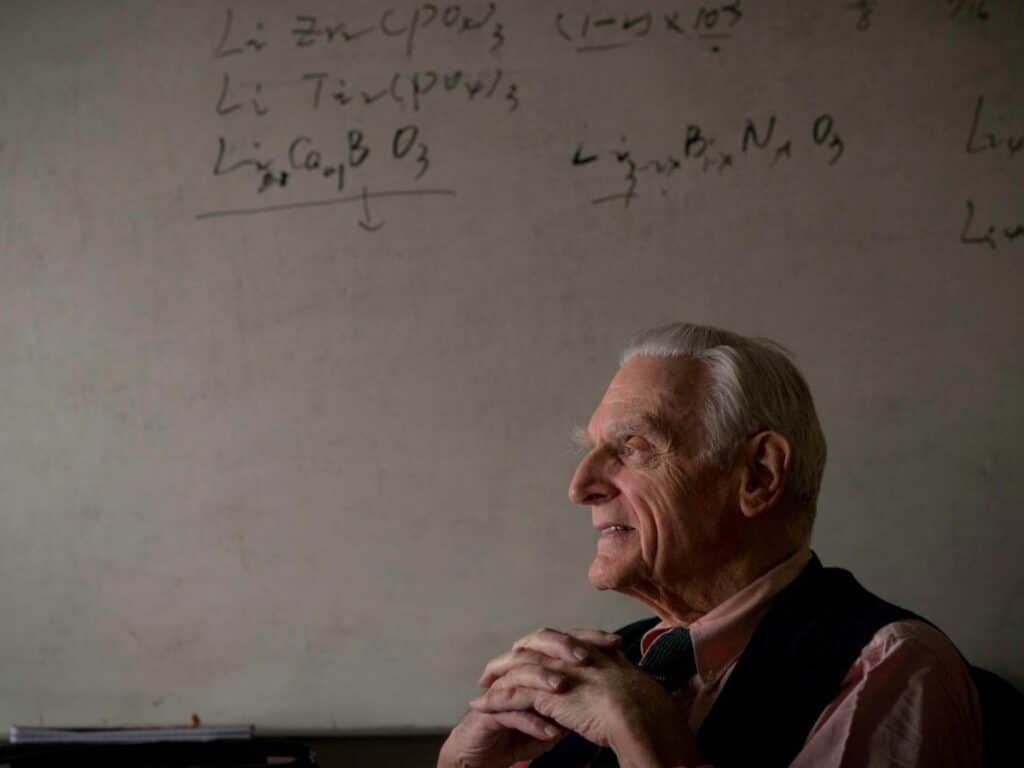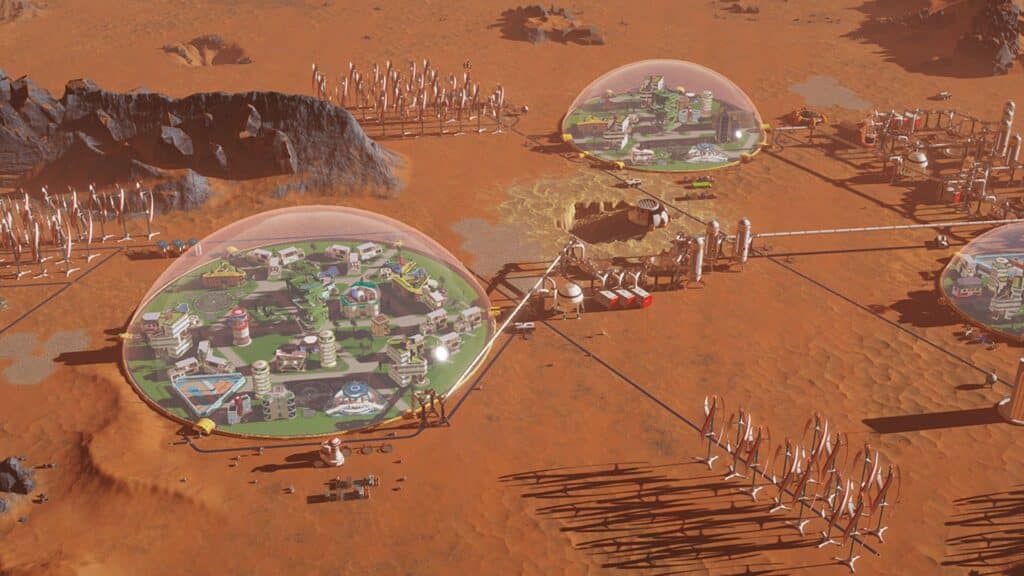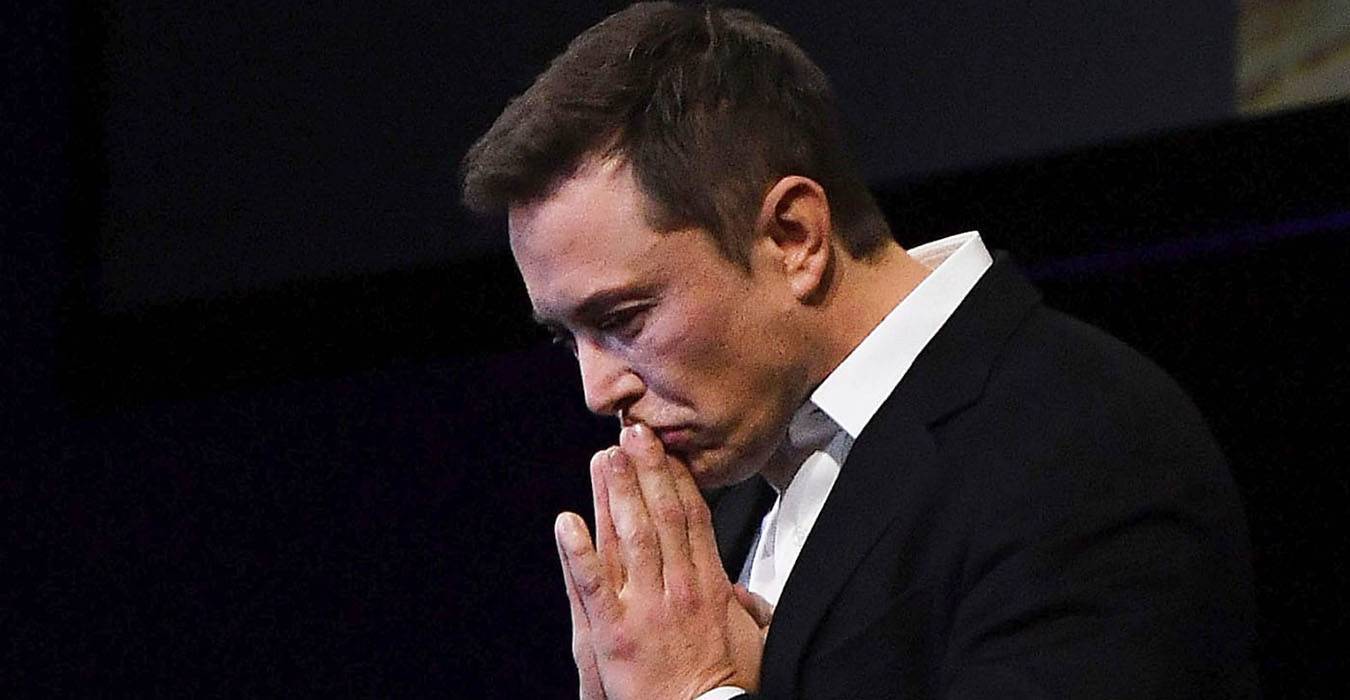“It's important for us to die because most of the time people don't change their minds, they just die,” Elon Musk said at an event last week. “If we lived forever, we could become a very crystallized society in which new ideas cannot succeed.” Certain. We could.
But even no. Elon, this time I don't understand you and I don't adapt. Let's see'.
First of all: is it true that new ideas start to die with increasing age?

In the USA (Musk's elective homeland) an ITIF research on the demographics of innovation he says that the peak age for innovation is 47. And it continues to have excellent results up to about 55 years of age (Elon, you yourself still have 5 years of mental glory, enjoy them).
Apparently, having more time to increase knowledge also helps to come up with better ideas. Unfortunately, however, then the body begins to degrade: and this is where science could help. Other than dying.
Is it true that if we live much longer there will be people who will tend to block any progress?
It's another of Musk's fears. Yet he himself is enormously successful (started in 1999 at the age of 28, with his first 22 million dollars!) and I don't think he is facing all this resistance from the elderly "who don't want to die". Is there any correlation between demographic seniority of a country and resistance to innovation?
Let's take Japan. Yes, it's true, still love faxing, make a mess with stamps instead of electronic signatures and they defend cash, plus there is some resistance to electric cars (but perhaps it's more a commercial question, Toyota docet). But I'm looking around elderly with exoskeleton. Oh well, that's okay. Let's change example.
Europe. Here you are. Europe also has an older population, but it is among the entities least eager to die and most eager to embrace innovation and energy transition. Once again Elon's math doesn't add up so precisely.
Time is space: if we start moving, there is space for everyone (and therefore time)
Over the centuries, humanity has increased life expectancy. He started dying later and later. It's a fact. Maybe we could start doubting it todaybut the trend is clear. Even knowledge, coincidentally, has begun to increase and accelerate.
However, this takes longer to establish a critical base of useful knowledge: in practice, it takes more time for the "average student", the person of the future, to have the minimum knowledge base to start building what comes next.
We do not know the economic and energy conditions of a world in 100 years' time. They could allow people to study for the first 40 years of their lives if life expectancy rises dramatically. And maybe that would be the time needed to master things.
In recent centuries, man has expanded almost throughout the world, creating a global economy. And the global economy has thousands of markets: that means more places for innovators to have opportunities. No less places.
It could just be the beginning.

Humanity has expanded throughout the world, I was saying. Consider if and when, in time, Humanity will expand into the solar system and beyond. Will overpopulation of the planet still be a problem? The planets, the colonies, the space stations, or entire cities orbiting will host many billions of human beings.
As far as sWe know, in a thousand years there could be billions of people on Earth, millions or billions on Mars, a billion on the Moon etc.
In the 1600s, people wanted to leave the Old World and go to other places. One of these places was the colonies. Now, Elon Musk himself theorizes colonies elsewhere, for example on Mars. And he started a company that builds rockets to be able to do that. SpaceX and whoever comes next will open the doors to Earth's orbit, the solar system and beyond.
There is room for people, including very long-lived people. The fight against aging it will give them more time. Why die if it can be avoided?
Why die?

Smart life should expand. We don't have enough people, artificial intelligence or time to complete the task of exploring the universe. Antiaging will allow you to achieve challenging and time-consuming goals. And dying should be an option to be fought against, at least postponed for as long as possible.
Until the 1800s you saw most people die before the age of 40-50. Aging and declining health have deprived society of great innovations. Many greats died young. The world saw Mozart die young. He saw both an extraordinary mathematician like Nicolaus Bernoulli and a scientist die at the age of 31 such as Ada Lovelace, who contributed to the development of computers.
Musk says we need to innovate urgently. Good. He basically wants more than he can get with his current life expectancy. Everyone needs more time to achieve bigger goals.
It is also true for those who are studying ways to die later, and who knows, in the distant future maybe never. Innovators must now go beyond all who stand in their way. Having a few more obstacles hasn't stopped Elon Musk now, and having more older people in the future (including Musk, I wish him) won't stop future Elon Musk.


